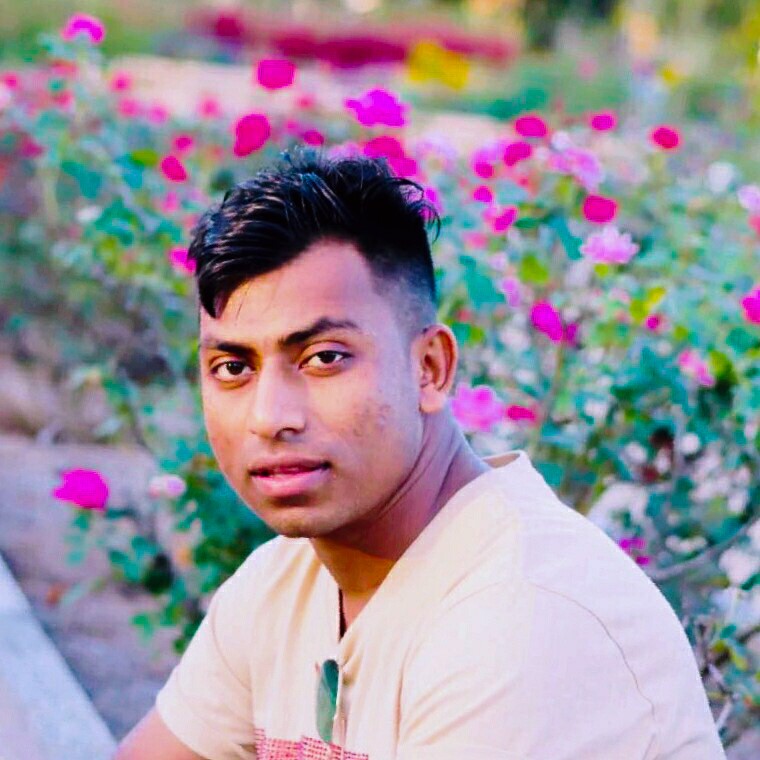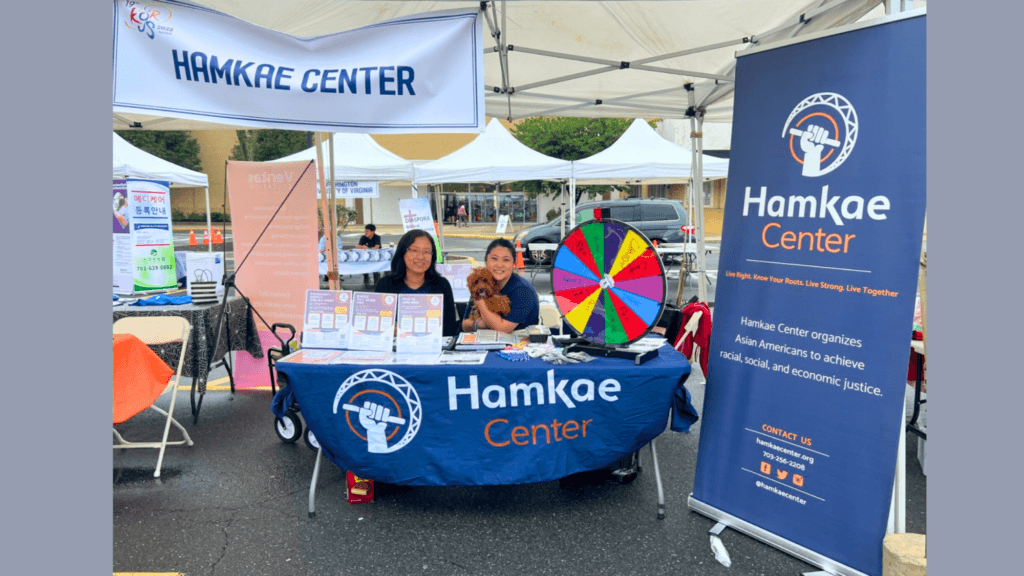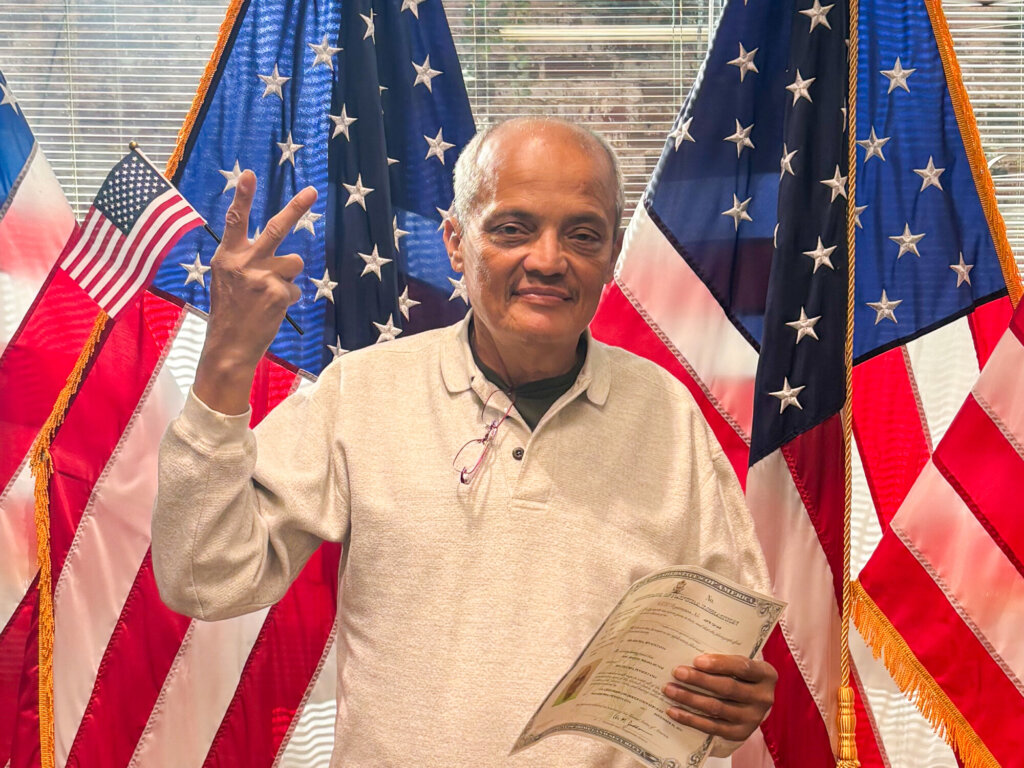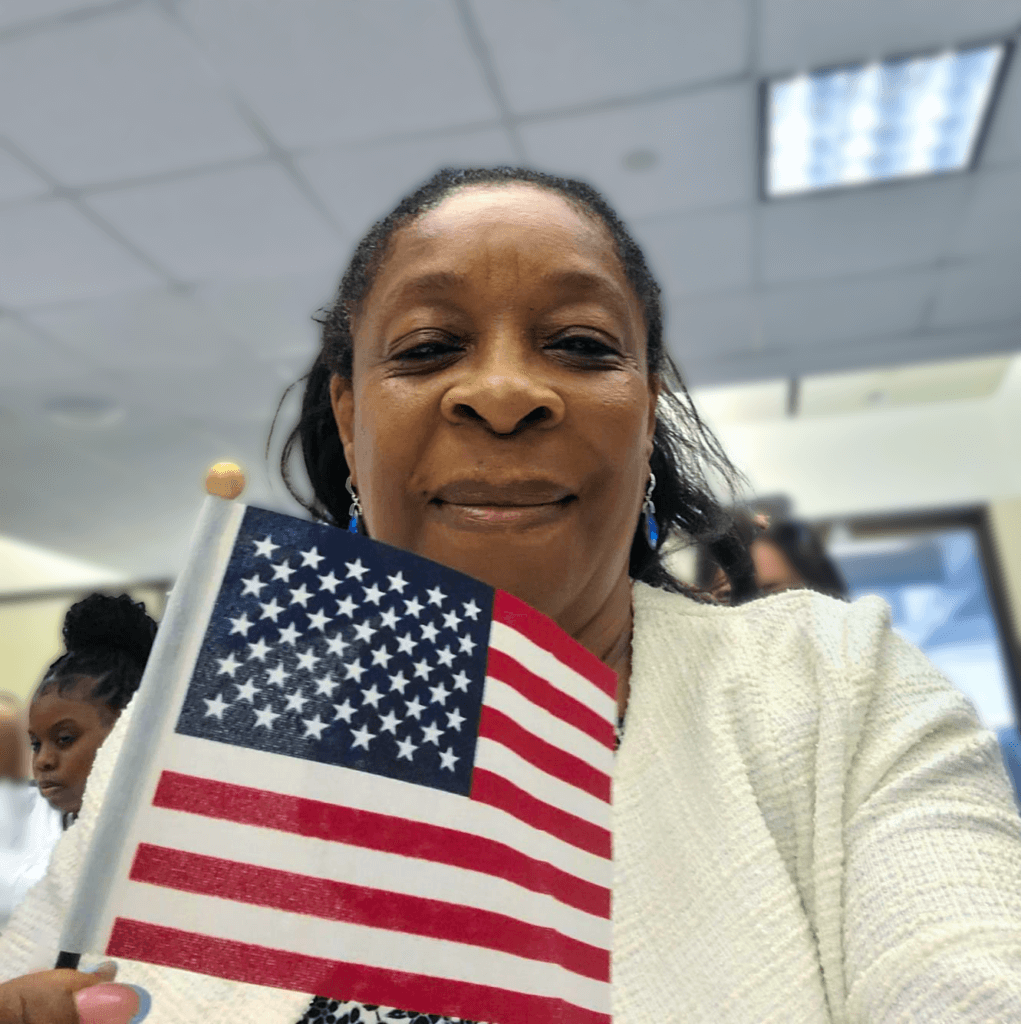Manik Abdullah: “I hope U.S. citizenship changes my life.”

Explore more
(Photo courtesy of Manik Abdullah)
My name is Manik Abdullah. I am an Uber driver. My family is originally from Burma. I have never been a citizen of any country, because in my country the Burmese government doesn’t give us citizenship. I am Rohingya. When I lived in my country I had never been to school. They didn’t give us education. I was very young, and I just worked little by little. In Burma my family had some land where my dad planted rice. I helped him. We didn’t have the money to hire workers. My mom planted vegetables like eggplant and chile and we sold it weekly at the market, to buy the supplies that we needed. I left Burma when I was 17 and went to a refugee camp in Thailand. When the fighting became bad, my family left too. They are now in a refugee camp in Bangladesh.
I first came to the United States in 2015. I came here by myself from the refugee camp. I was 18 years old, and I didn’t have any family or friends here. The UNHCR sent me to Louisiana where the Catholic Charities organization helped me. I got a job at The Kolache Kitchen, a restaurant and bakery in Louisiana. After that I worked for Panda Express. I learned how to do everything, how to make the food, how to manage the business. I worked three and half years in Louisiana. I moved to Chicago because I have some friends here. After five years, I wanted to apply for U.S. citizenship.
(Photo courtesy of Manik Abdullah)
It’s a little bit hard for me because I don’t have a formal education. I learned English in the United States. When I first came, I didn’t speak any English at all, so I was working and learning English. I didn’t have any knowledge about citizenship. I called the Indo-American Center and then I went there; they taught me a lot. It is hard to become a United States citizen because you have to learn English. You have to learn some American history. You have to learn how to write a sentence, and how to read a sentence. You have to learn how to pass the speaking test. They gave me the practice tests for the exam.
I am still learning slowly. Because when I lived in my country I had never been in a school. I still can’t go to school full-time because I have to make money to pay my rent, my insurance, my phone bill. I also have to send money back to my parents because they can’t work in the Bangladesh refugee camp. They are not allowed to leave. So I go, part-time, to school to learn more English. And I also go to work.

To apply for citizenship, I paid some money, a $725 fee. It was a little hard to save the money. Someone told me to apply for a waiver, but when they checked my 2019 and 2020 W2 forms, they told me my income is too high to get the waiver. It was not difficult to save the money because I work hard here. I learned the material very well at the Indo-American Center and the test was not hard for me. I share everything with my mother. When I first told her that I was going to my interview, I asked her to say a prayer for me first thing that morning. When I passed the interview, I called to tell her. She was crying. She was very happy. Almost one and half months later, I went to my oath ceremony.
On June 30th, 2021, I got my citizenship. I went to court where I took my oath, and they gave me the ceremony. After that, they gave me my certificate—United States of America, citizen! I am so excited. Citizenship is very important for me because I can see my family again. I can go back to my country. First thing, I want to get my U.S. passport. I want to go to my country to see my parents. It’s been seven years since I saw them! They miss me very much. I also miss them. Second thing, I want to visit other countries, wherever I want.
My mother told me, “When you come here, I will cook for you to eat.” She said she will buy a lot of goat for me, a lot of chicken, and whatever I like to eat. I told her that I think I will stay two or three months. After that, I have to come back because I have to work; I have to make money.
(Photo courtesy of Manik Abdullah)
I have two friends who just had their citizenship interviews. I offered to drive them to the USCIS office in Chicago. Their English speaking was good, but they did not study well enough for the civics exam. Both failed their tests. They felt terrible. It was heartbreaking. I told them they can take the test a second time, so they have another chance. I also told them about the classes I took at the Indo-American Center. I brought one there already and he registered for the U.S. citizenship class. My other friend said he will sign up soon.
So many people are impressed that I got my citizenship. I have 5,000 Facebook friends and many people are congratulating me. Whenever anyone asks me how to do it, I tell them to go to the Indo-American Center, they will help you. I hope citizenship changes my life. When I finish my education, I have one dream: to start a business in the United States. I want to have a restaurant, a grocery store, a gas station—something. And maybe my family can come here to join me, to make me happy.



